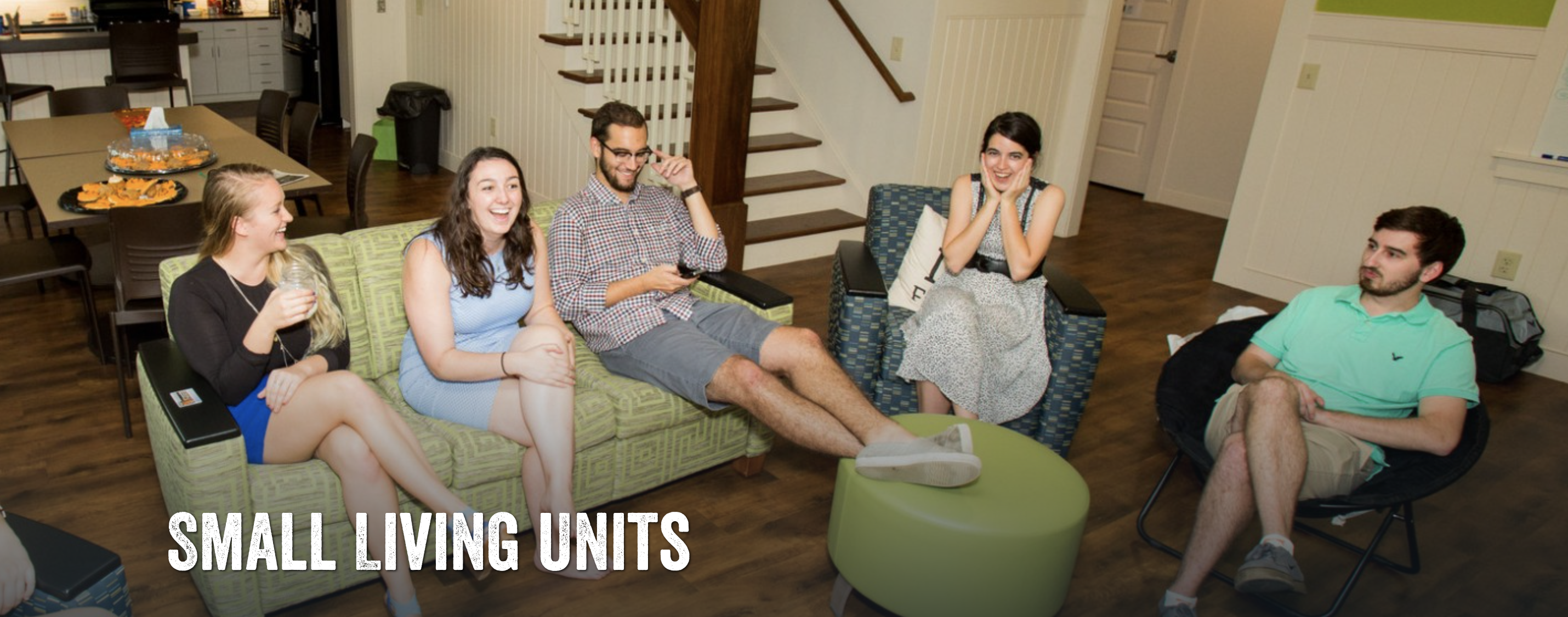By Liz Hardaway, Arts & Entertainment Editor
Residential Life offers alternatives for groups of students who share similar interests and want to live together. There are theme houses, SLUs, fraternities and now, introducing, a sub-community.
The first of its kind, the proposed Mental Health Small Living Unit (SLU) seeks to provide students with a comfortable space to discuss mental health related topics.
“In college, there’s your three healths …physical health, spiritual health [and] mental health, [which] was the one area where something could be improved,” said freshman Dylan Hays. “Our retention rate was not good, and I think this is a reflection of that. So why not do something to try to improve that?”
Since all the current SLU houses are occupied, the Mental Health SLU was not approved to move into a house, said Wendy Piper, the assistant dean of student affairs and director of residential life.
Although there are counseling services for students to visit if they are having concerns about their mental health, the sub-community is striving to create a more accepting environment to have these conversations.
“We wanted to be a more casual way to discuss mental health,” said freshman Katy Tuggle, president of Active Minds and one of the creators of the sub-community. “For a lot of people, there’s a stigma for going to counseling services. You have to have a really, full, legitimate problem, so this is the middle ground between it.”
Unlike legitimate SLUs, the sub-community will not have a moderator nor a dedicated budget for planning activities, said Piper.
The sub-community plans to re-apply again next year to get into a house.
In the meantime, some members might be living near each other in the same residence hall. They also have the option to apply for funding through the Wesleyan Student Council on Affairs (WCSA) to plan future events.
“Instead of everything being theoretical, we will have actual experience to back [our plans] up,” said Tuggle.

